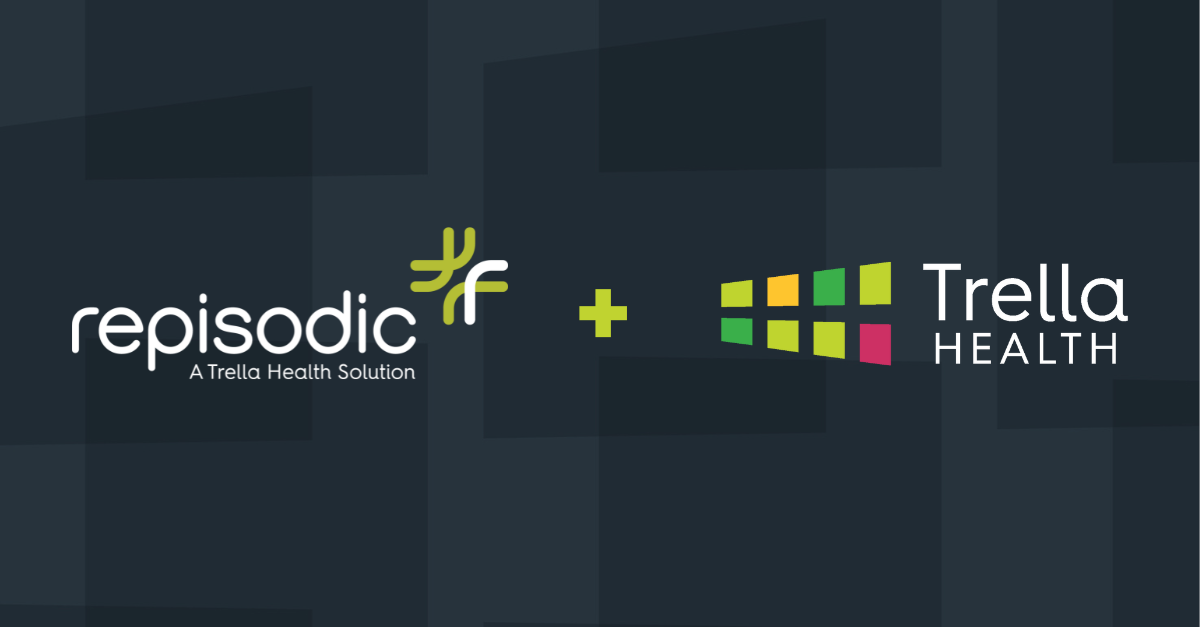GUEST BLOG
Referrals Are Only Half the Battle! Train Your Home Health Care Office Staff to Take “Referral Calls” for Better Start-of-Care Rates
By: Jason Chagnon | May 27, 2020
Many home health care agencies are very focused on marketing and sales efforts that result in a continued stream of referrals, but are they also ensuring every necessary action is taken to convert those opportunities into start of care (SOC)? Here’s the harsh reality…most prospective home health care clients and families shop multiple agencies before making a decision.
In other words, getting referrals is only half the battle!
It’s absolutely critical for agencies to make the most of the referrals they receive. While the final part of that process is a successful in-person “assessment,” the initial “referral call” is arguably even more critical. The referral call is a company’s opportunity to make a favorable first impression. If properly executed, it can also eliminate competition for improved SOC odds.
Here are the best ways for home health care leaders to ensure their teams make the most of every hard-earned referral through compelling “referral calls”!
Referral Call Training & Refresher Courses
Untrained employees are not responsible for their ineptitude, but rather reflect the complacency of company leaders. Thorough training should be the first course of action for any home health agency looking to convert more referrals into start of care. In fact, no worker should be allowed to even take a referral phone call unless they have already successfully completed referral call training. It’s almost impossible to over-formalize referral call training. Effective education will include a combination of instruction, script reading and role-play scenarios. Agencies must also work to encourage ongoing referral-call excellence by providing continuing education at periodic intervals. They can even conduct random, “mystery shopper” referral calls to ensure staff is engaging best practices!
Universal Competency Expectations & Tracking
Some home health care agencies have already signed on to the importance of formalized referral-call education. However, they selectively administer the training and only expect compliance from certain employees. That’s a huge mistake! Every office worker should be trained in referral-call best practices and held accountable for their performance. Any office-based team member may answer the phone at any time, and nobody knows when a call may be a service inquiry. Moreover, agencies often split “on-call” duties among office employees. So, even workers who typically don’t field referral calls during normal hours may be caught off guard while on-call.
As previously discussed, secret-shopping activities can help ensure continued referral-call best practices among all staff. But leaders should also track performance. They should calculate conversion rates of referral calls to in-person assessments and/or start of care. Some agencies may even find it’s helpful to reward top performers with a bonus or other incentive!
Focus on Distinctions
Too often, home health care agencies view referral calls as an opportunity to “feature-dump” their laundry list of services. Representatives will spend ten minutes or longer citing service after service, barely giving the caller an opportunity to speak. Not only is that bad sales in a general sense, but it also provides no tangible value-add distinctions.
Every home health care agency may offer the same services, and use the same language to describe those services. Yes, it’s important to present a concise description of service offerings, but that shouldn’t form the meat and potatoes of a referral call. Representatives should instead ask the caller questions about care needs and then transition to a discussion on provided services that address those priorities.
After reviewing services that address the prospect’s stated needs, the employee should then take opportunities to identify additional offerings and agency-specific distinctions. For example, the representative may talk about the training program that all caregivers and staff go through. They could talk about the fall prevention techniques to mitigate risk. They may even suggest that the caller ask other agencies they are talking to about the same topics to compare responses.
Establish Credibility
There’s a fine nuance between “focusing on distinctions” and “establishing credibility.” The latter is achieved by emphasizing an agency’s non-tangible qualities that provide peace of mind. Generally speaking, this is achieved by demonstrating the company is a trusted community resource.
Agency representatives can specifically cite company awards and honors. Or they may reference relationships with well-respected charities and local hospitals. Something as simple as stating that one lives in the client’s neighborhood or attended the local high school can go a long way toward building rapport and establishing credibility!
Get Commitment
The biggest single mistake any home health care agency representative can make on a referral call is failing to secure home-assessment commitment, complete with date, time and location. This is where “selling” matters, and there’s no way around it. Any referral call that doesn’t end in a home-assessment commitment is likely to fade into the ether and never result in SOC!
An ancillary benefit to locking down an assessment is that doing so often eliminates all, or most, of the competing agencies. Many people will make numerous calls to multiple companies, but few wish to actually meet in-person with more than one or two of them. Representatives who earn an in-person assessment commitment usually increase the SOC odds to 50% or higher!
Final Thoughts
The home health care client-acquisition cycle certainly begins with sales and marketing efforts. But once the referrals come in, it’s critical that those valuable leads are maximized. Agencies that prioritize the former while neglecting the latter are losing tremendous marketing ROI. Referral call training is affordable and effective, so why wouldn’t leaders want to maximize every opportunity?
















